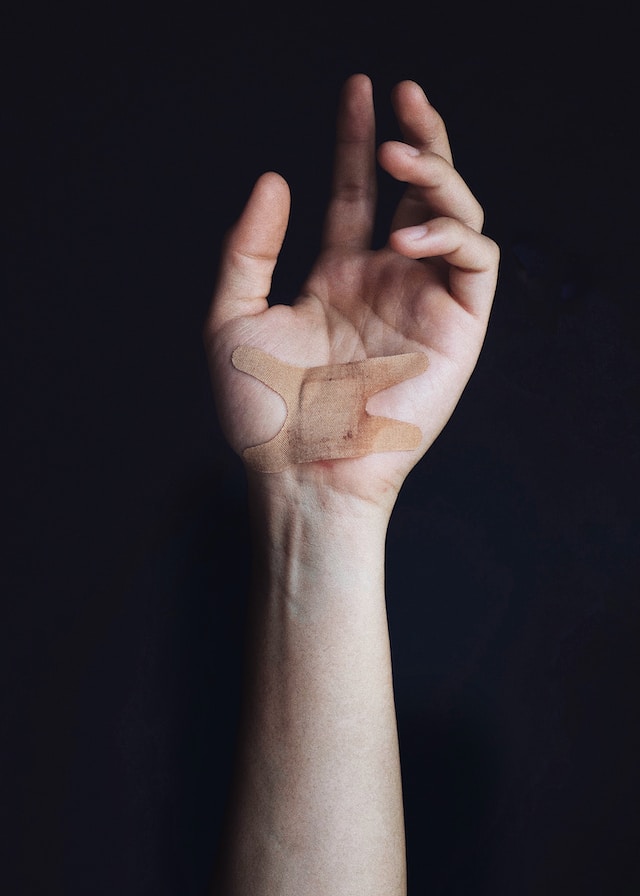Thailand is known for its warm hospitality, scenic landscapes, and robust tourism industry. However, like any other country, accidents and injuries can occur, sometimes due to negligence, recklessness, or even intentional harm. In such cases, victims have the right to seek compensation through personal injury claims. Thailand’s civil law system, influenced by both European and Asian legal traditions, offers a structured framework for dealing with personal injury cases.
This article explores the various types of personal injury claims in Thailand, the legal basis for seeking compensation, and what victims need to know when pursuing justice under Thai law.
1. Road Traffic Accidents
Road traffic accidents are the most common type of personal injury claim in Thailand. With a high rate of motorcycles, scooters, and private cars on the roads, collisions are frequent, especially in urban centers and tourist hotspots.
Common causes include:
-
Drunk driving
-
Speeding
-
Failing to follow traffic signals
-
Inadequate road conditions
-
Lack of helmet or seatbelt use
Under Thai law, injured parties can file a claim against the at-fault driver for damages including medical expenses, lost income, property damage, and pain and suffering. Even if the victim was partially at fault, they may still be entitled to partial compensation under Thailand’s contributory negligence principle.
Additionally, Thailand has mandatory vehicle insurance known as “Por Ror Bor,” which provides basic medical coverage for accident victims regardless of fault. Victims can also file claims against the driver’s third-party insurance for broader compensation.
2. Medical Malpractice
Medical malpractice claims are another significant category of personal injury in Thailand. While Thai healthcare is generally of high quality, especially in private hospitals, mistakes do occur—ranging from surgical errors to misdiagnoses, medication errors, and negligence in post-operative care.
Patients who believe they have been harmed due to a healthcare provider’s negligence can pursue a malpractice claim. These claims typically require expert medical testimony and documentation to prove:
-
A duty of care existed
-
The provider breached that duty
-
The breach directly caused the patient’s injury
Claims may be filed against individual practitioners or medical institutions, and compensation may cover treatment costs, long-term care, loss of earning capacity, and emotional distress.
3. Workplace Accidents
Employees who suffer injuries while performing work-related tasks are entitled to compensation through Thailand’s Workmen’s Compensation Fund, which is managed by the Social Security Office.
Workplace injuries can result from:
-
Unsafe machinery or work environments
-
Lack of safety training
-
Exposure to hazardous substances
-
Slips, falls, or repetitive stress injuries
Under the system, injured workers receive compensation for medical treatment, temporary or permanent disability, and rehabilitation. In cases where gross negligence by the employer is involved, additional civil claims may also be filed.
4. Premises Liability (Slip and Fall Accidents)
Premises liability refers to injuries that occur due to unsafe or poorly maintained properties, such as shopping malls, hotels, restaurants, or private residences. Slip-and-fall incidents are among the most frequent premises-related injuries.
Examples include:
-
Wet floors without warning signs
-
Broken stairs or railings
-
Inadequate lighting
-
Falling objects from shelves or construction sites
In Thailand, property owners have a legal obligation to ensure the safety of their premises. If they fail to maintain their property or warn visitors of potential dangers, and someone gets injured as a result, they can be held liable for damages.
5. Defective Products (Product Liability)
Consumers who are injured by defective or dangerous products may bring personal injury claims under Thailand’s Product Liability Act (2008). This law places strict liability on manufacturers, importers, and sellers for injuries caused by unsafe products.
Examples of defective products include:
-
Contaminated food or beverages
-
Faulty electrical appliances
-
Unsafe toys or household items
-
Expired or counterfeit pharmaceuticals
Victims can claim damages for physical harm, emotional trauma, and in some cases, punitive damages. Importantly, claimants do not have to prove negligence—only that the product was defective and caused harm.
6. Assault and Battery
Intentional torts such as assault, battery, or other forms of physical violence can also result in personal injury claims. These cases often involve altercations in bars, domestic abuse, or public brawls.
In such cases, victims may pursue both criminal charges and civil compensation. While criminal law punishes the offender, civil law allows the victim to seek restitution for medical bills, lost income, and pain and suffering. Thai courts may also award moral damages for emotional distress.
7. Animal Attacks
Thailand has a large population of stray and domestic animals, especially dogs. Injuries from animal attacks, including dog bites, can lead to serious infections and physical trauma.
Under Section 433 of the Thai Civil and Commercial Code, animal owners are responsible for damages caused by their pets, even if the animal had no prior history of aggression. Victims can seek compensation for medical treatment, scarring, and psychological effects.
8. Tourist-Related Accidents
Tourists in Thailand may experience injuries due to adventure activities, water sports, poorly maintained accommodations, or road accidents. Injuries sustained on tours or excursions often fall under negligence or breach of duty by service providers.
Many tour operators or hotels have liability insurance, and tourists may file personal injury claims through local courts or, in some cases, through their travel insurance provider. Language barriers and differing legal systems can complicate matters, so hiring a Thai lawyer or contacting an embassy for support is advisable.
Legal Framework and Compensation
Thai personal injury claims fall under tort law, primarily outlined in the Thai Civil and Commercial Code, Sections 420–437. Compensation may include:
-
Medical expenses (current and future)
-
Loss of earnings
-
Pain and suffering
-
Emotional distress (moral damages)
-
Property damage
-
Loss of consortium or companionship (in fatal cases)
The statute of limitations for most personal injury cases in Thailand is one year from the date the injured party became aware of the injury and the responsible party.
Conclusion
Thailand’s legal system offers a broad range of protections and remedies for victims of personal injury. Whether the harm is caused by a traffic accident, medical error, defective product, or unsafe premises, injured parties have the right to seek fair compensation. While navigating the Thai legal system can be complex, especially for foreigners, awareness of the types of claims available—and consulting with an experienced local attorney—can make a significant difference in achieving justice and recovery.






















